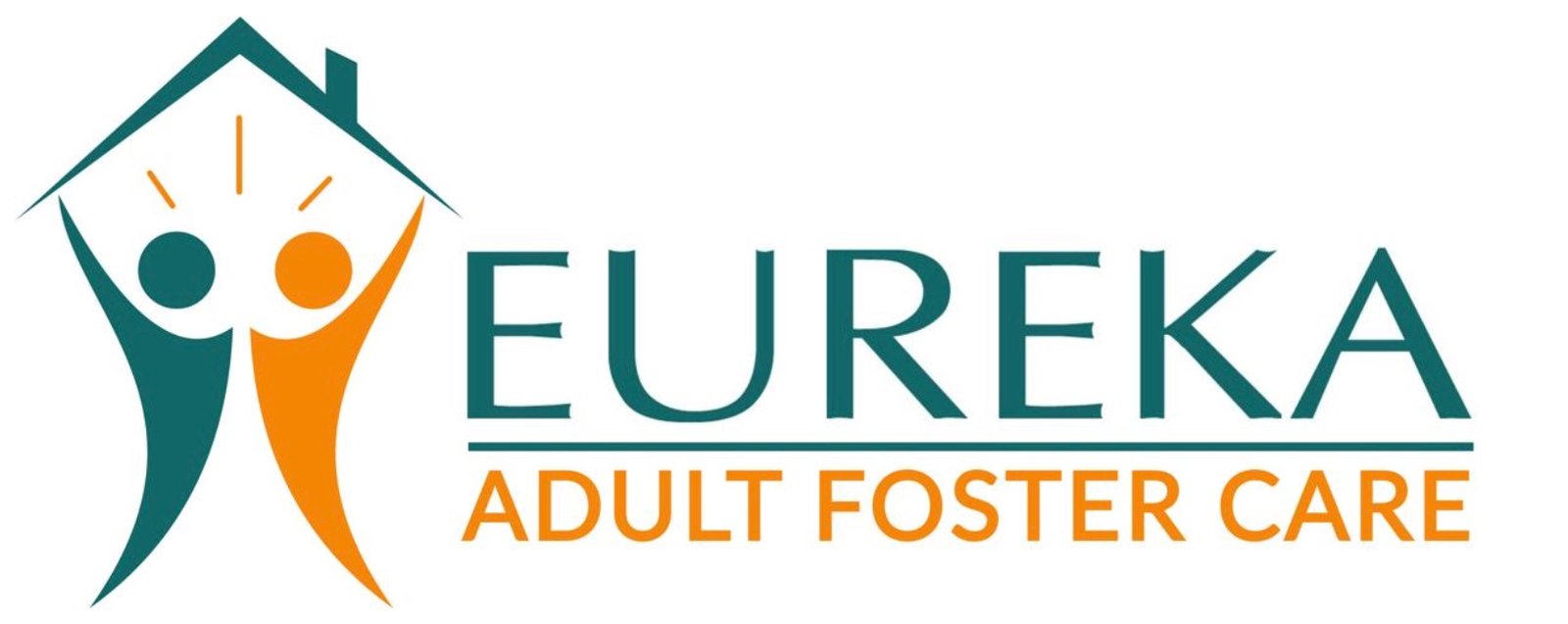Building Bonds: The Power of Companion Animals in Elderly Care
In the serene landscape of elderly care, where companionship and comfort reign supreme, an unexpected ally has emerged: companion animals. At the forefront of this heartwarming trend is a growing recognition of the profound impact that furry friends can have on the well-being of elderly individuals. In this article, we explore the transformative power of companion animals in elder care settings and celebrate the joy they bring to both residents and caregivers alike.
The Healing Power of Animal Companionship
It’s no secret that the presence of animals can work wonders for the human spirit. In elder care facilities, where feelings of loneliness and isolation can often prevail, companion animals serve as beacons of light, offering unconditional love and companionship to residents. Whether it’s a gentle nuzzle from a therapy dog or the soothing purr of a contented cat, these furry friends have a remarkable ability to uplift spirits and promote emotional well-being.
Physical and Emotional Benefits
The benefits of animal companionship extend far beyond mere companionship. Research has shown that interaction with animals can have a myriad of positive effects on both physical and emotional health. For elderly individuals, these benefits can be particularly significant:
- Reduced Stress and Anxiety: Spending time with animals has been shown to lower levels of stress hormones and reduce feelings of anxiety and depression. The simple act of stroking a dog or watching fish swim can evoke a sense of calm and relaxation.
- Improved Socialization: Animals serve as natural conversation starters, helping to facilitate social interaction among residents and fostering a sense of community within elder care facilities. Sharing stories and experiences about beloved pets can create meaningful connections among residents and staff.
- Increased Physical Activity: The presence of animals can encourage elderly individuals to engage in physical activity, whether it’s taking a leisurely stroll with a dog or engaging in interactive play with a cat. This increase in physical activity can have numerous health benefits, including improved mobility and cardiovascular health.
- Enhanced Cognitive Function: Interacting with animals can stimulate cognitive function and memory recall in elderly individuals, helping to maintain cognitive abilities and mental acuity.
Creating Pet-Friendly Environments
Recognizing the invaluable role that companion animals play in elder care, many facilities are embracing pet-friendly policies and incorporating animal-assisted therapy programs into their care plans. From therapy dogs and cats to birds, rabbits, and even miniature horses, these facilities are opening their doors to a menagerie of furry and feathered friends, enriching the lives of residents in the process.
Embracing the Joy of Animal Companionship
In conclusion, the presence of companion animals in elder care settings represents a powerful testament to the healing power of unconditional love and companionship. As we continue to explore innovative approaches to elderly care, let us not underestimate the profound impact that furry friends can have on the lives of those in need. Through their presence, they remind us of the simple joys in life and the importance of building meaningful connections, one paw print at a time.



